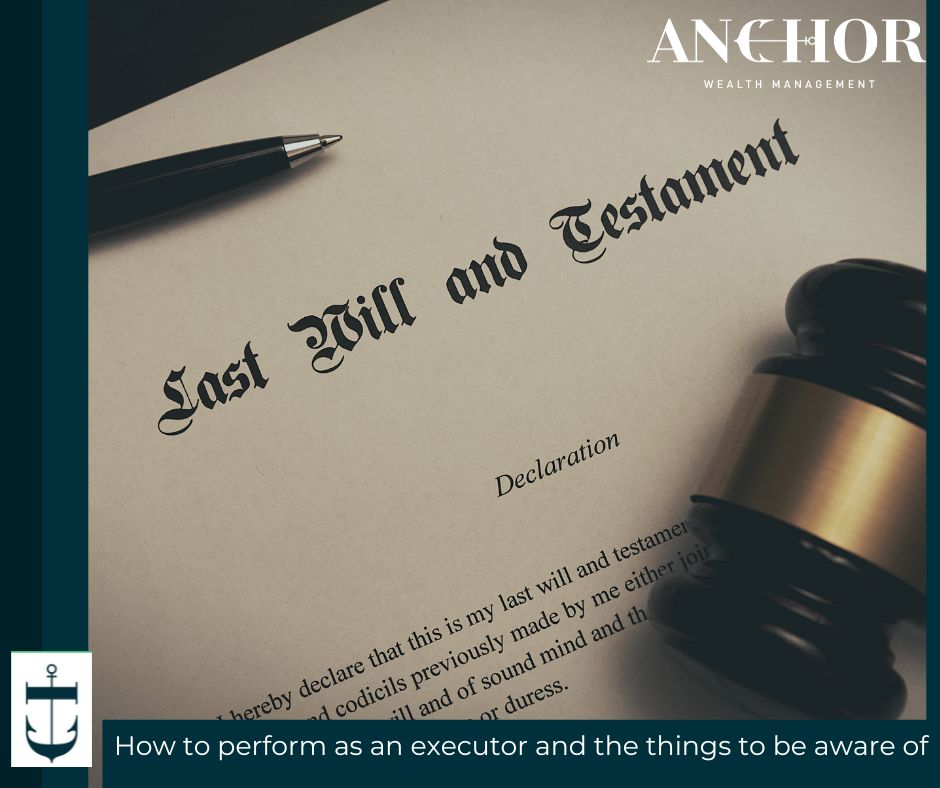
If you have been asked to serve as an executor of an estate or, worse, were surprised with the honor of being an executor, here are five things to consider before taking on the responsibility that has been asked of you.
1. Your Own Financial Knowledge.
As executor, in addition to making potentially emotionally charged decisions, you will also be asked to make sound financial decisions on behalf of the individual or estate whom you represent. While a well-executed estate plan will clearly spell out the wishes of the individual, there will still be decisions that must be made. If you are confident in your financial acumen, then you will have no challenges. If you are someone who lacks confidence in handling their own personal finances, it may be best to seek the advice of a professional such as a CPA or attorney.
2. Time
Serving as an executor will be essentially a part-time job for anywhere from six months to a year. The process takes time and coordination schedules of all parties involved can be a slow process. In addition, the banks and financial firms which play an essential role in the process will typically work on a standard 8-5 schedule. In addition to the standard time it takes to execute an estate plan, you will need to account for the time that you will need away from work.
3. Location
If you live in the same community as the person who has named you executor, there isn’t much to consider here. But, if that’s not the case you will want to consider the time and financial implications associated with executing an estate in another city or state. If you need to sell a home or deal with a bank, the distance may create additional hardships as it relates to the expense of travel and the time away from work and family.
4. Family Conflict
There are almost always emotions wrapped up in an estate. The family is affected by the loss of a loved one and the results can be stressful. As the executor, you may become the focal point of that stress. For example, if the younger brother really wanted the silverware but Mom didn’t agree with the estate plan, he will not be happy. But Mom isn’t here to argue with or hear younger brother’s plea… you are. You will be obligated to fulfill the wishes of the estate as outlined by the plan, but it is important to understand the stress and blame that may come with the things that are largely out of your control.
5. Length of Time
As mentioned above, a typical estate plan can take six months to one year to execute. But if someone leaves money to a minor child and you are the executor, you may be tied to the family and the estate until that individual turns 18. Make sure you understand your role when you agree to be an executor. Are you tasked with wrapping up an estate or are you being asked to be involved with the estate for an extended period of time?
The list above is the considerations you should make when agreeing to accept your responsibility as an executor. But as you make the consideration, please do so through this lens; the individual or individuals who named you as an executor trusted you. There is a great honor in that designation. But part of recognizing the honor that has been bestowed upon you is committing to providing your best to the situation. If you have been named an executor and have questions about what is expected of you, I would be happy to talk you through the experience. In addition to helping hundreds of families create an estate plan, I have helped many executors work through the challenges that can come with their unexpected role. If you find yourself in an unexpected position, or if you just want to talk to a neutral party who can give you objective thoughts on your situation, give me a call.
By Chris Perry
